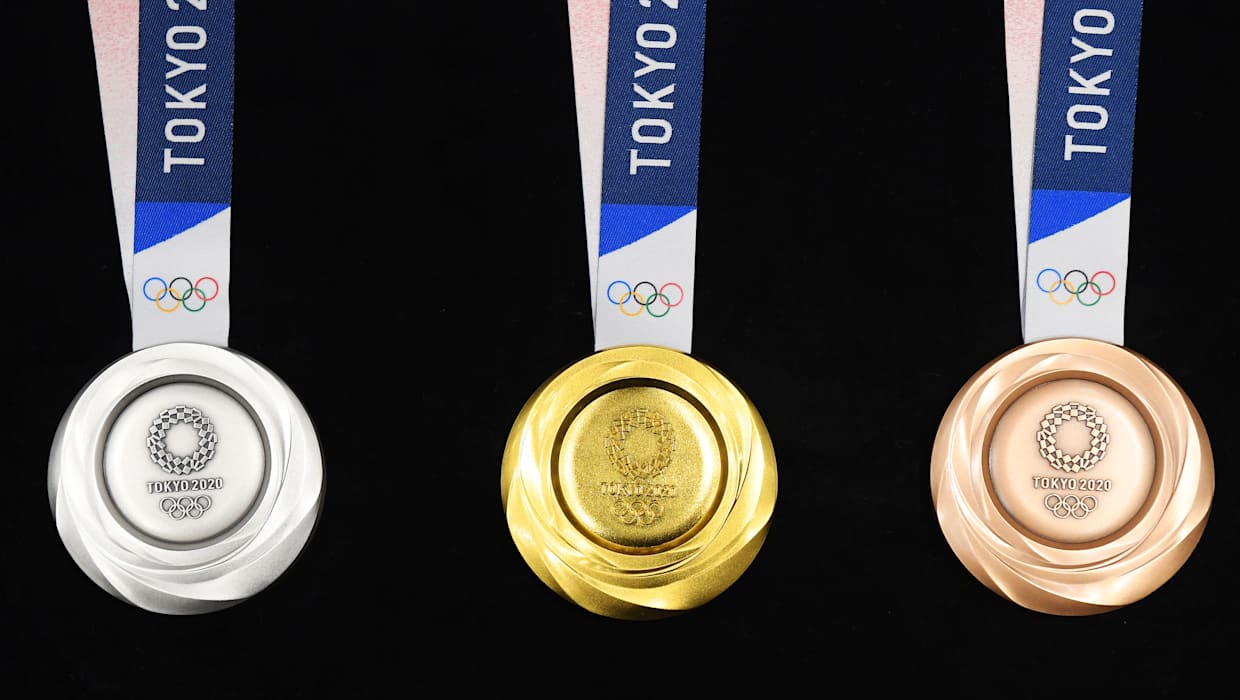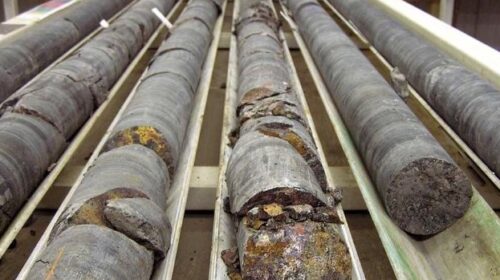An Olympic ‘GOLD’ – Using Innovation to promote sustainability
The Tokyo Organizing Committee of the Olympic and Paralympic Games (Tokyo 2020) conducted the “Tokyo 2020 Medal Project”. This project was to extract gold and other metals to produce the Olympic and Paralympic medals. Small electronic devices such as used mobile phones were collected from all over Japan.
Every single medal that was awarded to athletes during the Tokyo 2020 Games was made from recycled metals. 100% of the metals required to manufacture the approximately 5,000 gold, silver and bronze medals were extracted from the E-waste.
TANAKA Holdings Co.Ltd signed an agreement with the Tokyo Organising Committee of the Olympic and Paralympic Games to become a Tokyo 2020 Official Supporter in the category of “Precious Metals and Jewelry” under the Tokyo 2020 Sponsorship Programme.
TANAKA joined this project through NTT DOCOMO, INC. and the Japan Environmental Sanitation Center, which were the collaborators. Tanaka was in charge of the recycling process of the precious metals that had mainly refined gold and silver.
The process involved;
- Collection of Devices; This was the first stage of the process. The Olympic medal making company asked members of the public to donate old devices (smartphones, laptops, game consoles). They received over 47,488 tons equipment in the first 18 months. NTT Docomo, a Japanese phone provider, donated an addition of 5 millions phones.
- Classifying; The classification operation was handled by JEPLAN Inc.
- Dismantling; The devices were then taken through a smelting process and dismantled by highly accredited contractors.
- Extraction and Refining; First a special solution was applied to extract the mineral by dissolution and reduction reaction. The extracted solution was then filtrated and dried and it turns into powder. The powder was melted at high temperatures. It was then put in cold water to let the grains form.
Final amount of metals collected
- Gold: Approx. 32kg
- Silver: Approx. 3,500kg
- Bronze: Approx. 2,200kg
A modern Olympic gold medal must contain at least 92.5% silver (80 times cheaper than gold) and a minimum of six grams of gold. The gold alone derived from the project was worth some $2 million, according to ZME Science.
This operation began in April 2017 and completed March 2019. It was one of the Tokyo Olympics organizers’ efforts to contribute to an environmentally-friendly and sustainable society.
15 total views , 2 views today





